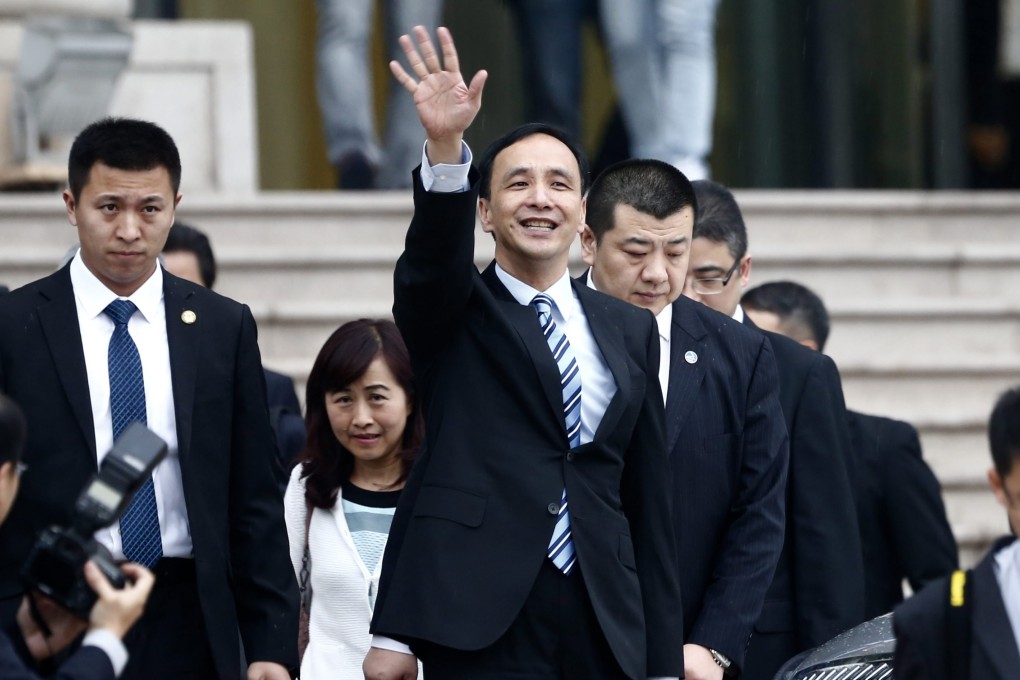Opinion | Beijing's role in the Kuomintang's election challenge
Frank Ching considers the stakes in the Kuomintang's efforts to retain power in Taiwan, amid a surge of support for pro-independence DPP

The next few months will be critical in the development of relations between Taiwan and mainland China and, consequently, to peace in the Pacific, as the 23 million people of the island prepare to choose a new government in January.
President Ma Ying-jeou's Kuomintang suffered a devastating setback in local elections last year and is now in disarray; momentum is decidedly with the opposition - and traditionally pro-independence - Democratic Progressive Party.
The DPP presidential candidate, Tsai Ing-wen, says her mainland China policy is to maintain the cross-strait status quo - a stance similar to that of Ma when he first ran for president in 2008, eschewing both Taiwan independence and unification with the mainland.
Ma was able to do this because he accepted what is called the "1992 consensus", under which both Taipei and Beijing agreed on "one China" but each had its own interpretation of what that meant. There followed seven years of relative cross-strait harmony, with the signing of 21 agreements, primarily on economic issues. Trade between the two sides boomed and Taiwan is now very much economically dependent on the mainland.
Beijing also allowed Taiwan some international space, such as annual invitations since 2009 to take part in the World Health Assembly sessions in Geneva. Beijing has moved slowly and grudgingly to accommodate Taiwan's needs while ensuring that a "two China" scenario would not materialise. Moreover, it has seen to it that invitations to Taiwan can be withdrawn if a leader proves uncooperative.
Tsai certainly knows this. She also knows that the "diplomatic truce" proposed by Ma, under which Beijing agreed not to win over countries that recognise Taiwan, can be abrogated with dramatic negative consequences at any time.
